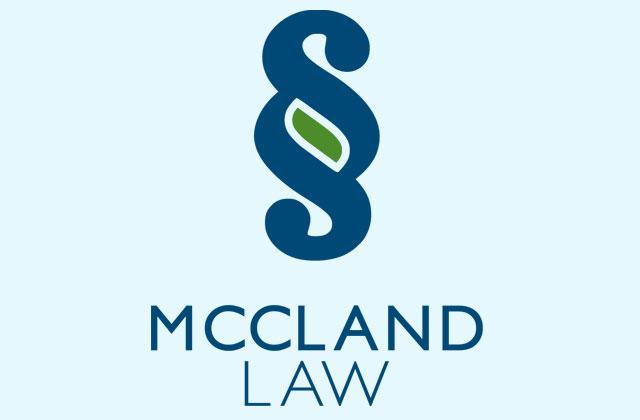Many people desire a Last Will and Testament to determine how their assets will be distributed upon their death. In order to do so most effectively, it helps to understand the different components of a Will. The legal advice below includes what our office considers “best practices”. It’s not all necessarily required, but in our experience, it makes a Last Will and Testament more effective.
As an introduction to the Will, you should name your immediate family members, normally your spouse and children. If one of your children has predeceased you, you should also mention that in the Will. If you do not have a spouse or children, you should name your parents, if they are still alive, and your siblings. An often overlooked aspect of this portion of the Will is the fact that this helps prove your capacity. One of the factors in having capacity is understanding who constitutes your family.
The person you name to oversee the administration of the probate is called a Personal Representative in the State of Florida. In other states, this person can be called an Executor. It can be a family member, a friend or a professional you know and trust. Many people find choosing this individual to be a painstaking task, but it doesn’t have to be. It is helpful if this person is good with money and familiar with legal processes, but in my opinion, it is more important that they are good with people. The attorney and CPA representing the estate can take care of the legal and financial aspects. The Personal Representative should be someone who can talk to the beneficiaries and creditors as an intermediary and negotiate in a positive manner on behalf of the estate and all of those with interests at stake. This person might also have to take possession over estate assets being held by others. Being friendly yet assertive is very helpful in all of these situations.
If you have minor children, you can name the future custodians of your children in case of your death while they are still minors. This is extremely important as you can well imagine. There are a variety of ways in which this can be accomplished. You can split the responsibilities of managing money and caring for the children, or it can be the same person. You can set up testamentary trusts for your minor children within the Will. You can broaden or constrict the duties and powers of the custodians from what the law allows. This is an area you will want to discuss with your attorney to ensure your minor children are cared for in a manner you would desire if you were to pass away prior to their becoming an age of majority.
Finally, we have the beneficiaries. This, of course, are those individuals who are bequeathed property in the Will. It is important to understand the two major types of gifts in a Will – Specific and Residuary. The specific gifts are granted first, and then whatever is remaining, goes to the residuary beneficiaries. While this sounds simple enough, there can be unexpected consequences. For example, you may own a piece of real property and bequeathed it to a certain individual. It is your intent for them to sell that property and have the proceeds after your death. You name a different person a residuary beneficiary, but you aren’t very concerned about them actually receiving anything. Prior to your death, you become incapacitated, and the real property is sold by the agent named in your power of attorney to invest for income and help pay your medical bills. When you pass away, the property is no longer part of your estate, and as a result, the beneficiary of that specific gift will not receive anything. Instead, the investment account will go to your residual beneficiary. This outcome can be prevented with better planning and understanding.
It is easy to download a Will template off of the internet, and enter names and assets. If your estate is simple, and none of the factors above are applicable, then this may be an acceptable method for you. However, as you can see from above, there are many factors to consider, and there could be unintended consequences if not carefully thought through. Our office offers free consultations to help you determine your best estate planning method and prepare a Last Will and Testament that is opitmized to your individual situation.
Estate Planning: The Components of a Will
Image
Body




